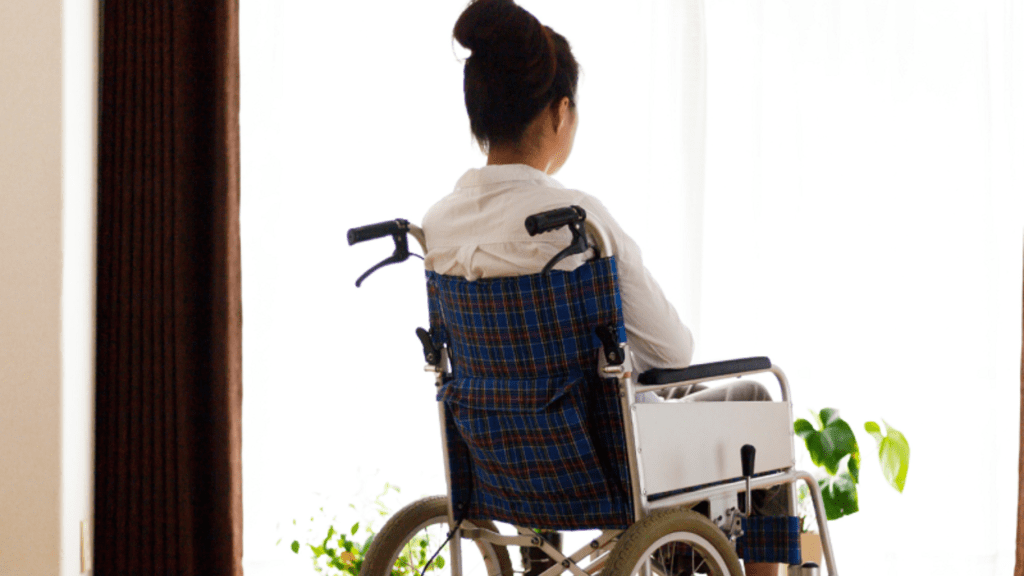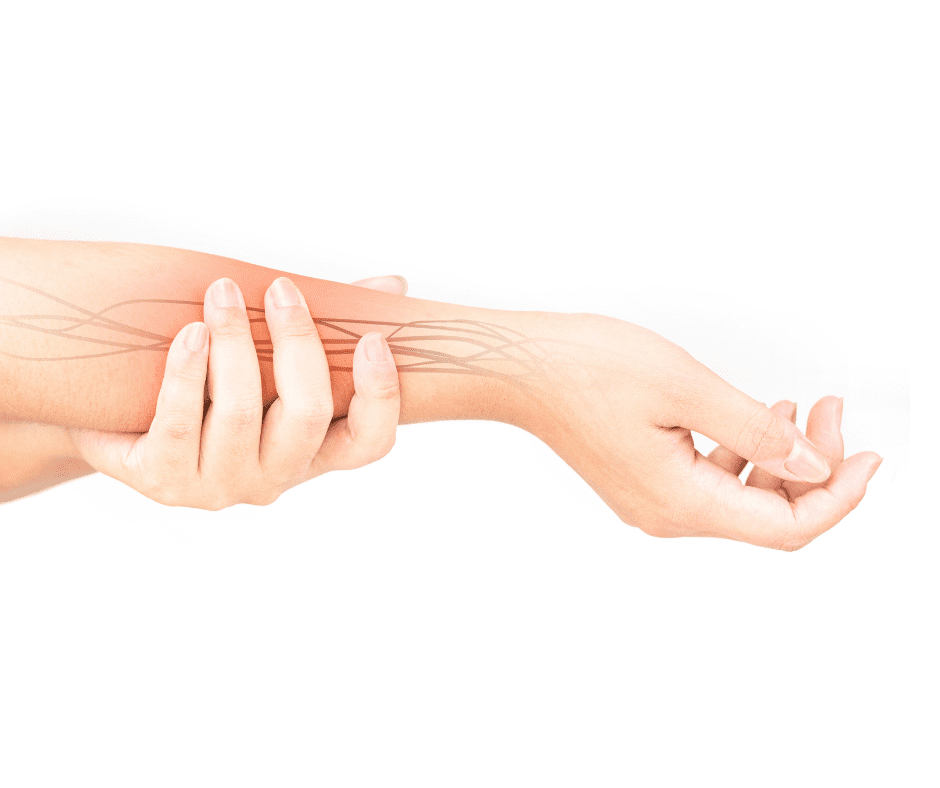
Here you will find your answers to the most common questions about Motor Neurone Disease and the symptons
Motor neurone disease affects around 5000 people in the UK at any one time, with six people diagnosed every day. Receiving a motor neurone disease diagnosis is an undoubtedly distressing experience for a person and their family. But the best way to move forward is to understand as much as you can about the condition. This allows you to take a proactive approach when living with motor neurone disease and keep you informed of what lies ahead in your journey after diagnosis.
Here at HFH, we specialise in complex care for people with motor neurone disease, providing individualised care plans through our nurse-led care teams. As experts in providing in-home complex care for people with this condition, we would like to share our knowledge in this blog to answer some commonly asked questions about MND.
What is MND?
MND is an umbrella term for several types of diseases that affect a person’s brain and nervous system. This rare condition causes the cells in the nerves, called motor neurons, to stop working properly and start to degrade. This leads to the weakening and wasting of muscles, eventually resulting in paralysis.
MND is most common in individuals between the ages of 50 and 70. However, people of any age can develop the condition, with men being twice as likely to be affected in their lifetime. Unfortunately, there is currently no cure for MND.
What causes MND?
Exactly what causes MND still remains unknown, however research suggests it is a complex combination of factors that can include genetics, lifestyle and environmental factors along with exposure to certain viruses, chemicals and toxins. There is continuing research being carried out by the likes of the Motor Neurone Disease Association and Brain Research UK with the hope of better understanding the condition as time goes on.
Is MND hereditary?
MND is not completely hereditary, as there are many factors thought to trigger the condition. However, MND can be passed down through genes, and 1 in 10 people with MND have acquired the condition this way. Hereditary MND is caused by a fault in one of four genes. Having a close relative with MND increases the likelihood of developing it, but just because a person has the faulty gene does not mean they will necessarily develop the disease.
According to research, someone has a 50 percent chance of passing down a faulty gene to their children, and the children who inherit the gene are thought to have a less than 50 percent chance of developing the condition. Genetic testing can be done to see if a person has the fault in their gene, but the tests are not always conclusive.
What are the symptoms of MND?
There are many different symptoms of MND, and they vary for each individual. However, common symptoms include weakness in the arms and legs, which can lead to difficulties in tasks like walking, opening doors, or gripping objects. As the disease progresses, symptoms worsen, eventually resulting in paralysis.
Symptoms can include:
- Slurring of speech
- Changes in mood and emotions
- Weight loss
- Muscle cramps and twitches
- Muscle wastage
- Inability to communicate
- Difficulty swallowing food
- Loss of mobility and paralysis
What are the three stages of MND
There are three different stages of MND, all with their own symptoms:
Early Stage: This is the first stage of the disease, and the symptoms are usually mild. Many people may not initially realise they have the condition. Symptoms tend to start on one side of the body and gradually spread over time.
Middle Stage: In this stage, the symptoms become more obvious as MND progresses. Individuals may experience increased muscle weakness, difficulties in mobility and daily activities, and changes in speech and swallowing.
Advanced Stage: This is the most severe stage of the disease, where individuals will struggle with most daily activities and will require specialised complex care to live. At the advanced stage, they may require assistance with moving, breathing, eating, and other essential tasks.
How quickly does MND progress?
The progression of MND varies from person to person. After the initial diagnosis, the degenerative disease gradually worsens over the coming weeks and months. Sadly most people will succumb to MND within two to three years of diagnosis. However, there are people that have lived for years and even decades with the disease.

Caring for someone with motor neurone disease
Although there is no cure for MND, there are ways to provide support and care for someone with the condition. Medication such as Riluzole can help slow down the progression of the disease, along with medications for pain management in the later stages of the disease.
People with MND may need assistance with various daily activities, including moving around, eating, washing, and using the bathroom. As the disease progresses, breathing and swallowing may become challenging, requiring the use of assistive devices and specialised carers.
This is where we come in. Our teams of specialist trained and nurse-led carers support clients living with motor neurone disease in a variety of ways, helping them live as comfortably as possible at home. This includes:
- Tracheostomy care
- Invasive and non-invasive ventilation
- Airway suctioning
- Cough assistance
- Oxygen therapy and monitoring
- Bowel management (DRS/MEF/TAI etc.)
- Enteral feeding (NGT/PEG/RIG)
- Catheter care (IDC/SPC etc.)
- Complex medication administration
- Complex moving and positioning
- Palliative care
An MND diagnosis doesn’t mean that you can’t live your life to the best of your ability and still be able to take part in things you have always enjoyed. No matter what stage our clients are at, we are here to provide personalised care and help them deal with the physical and emotional challenges that come with an MND diagnosis. We offer guidance and reassurance throughout all stages of the condition when caring for someone with motor neurone disease.
If you would like to find out more about the complex in-home care services we provide then please get in touch here or give us a call on 0208 605 9712








